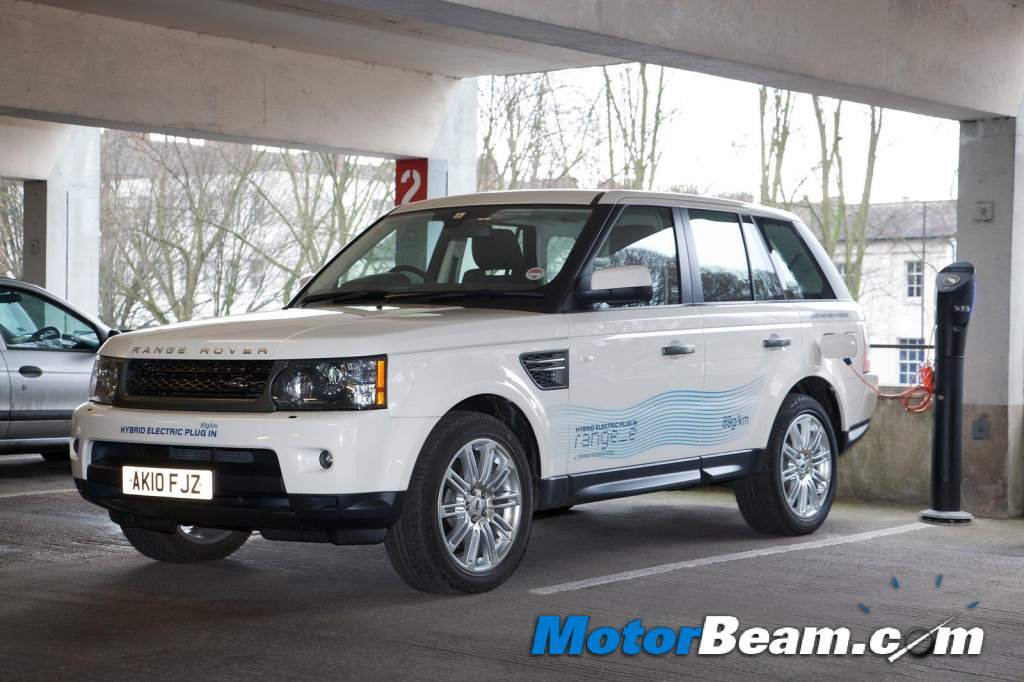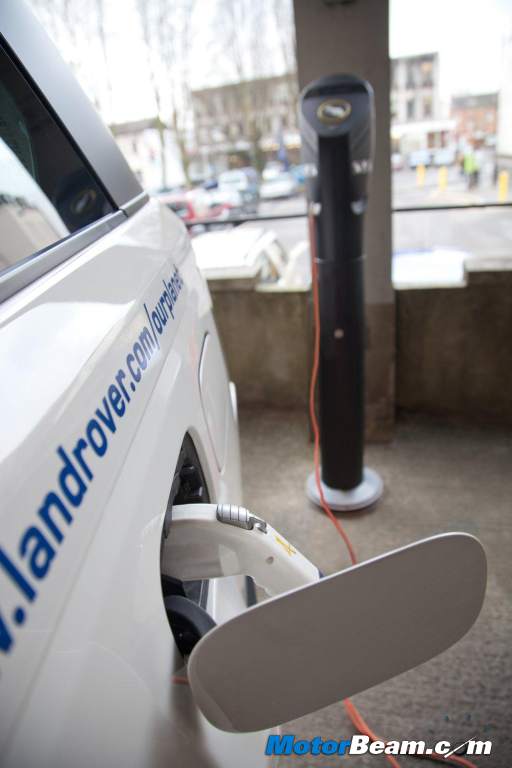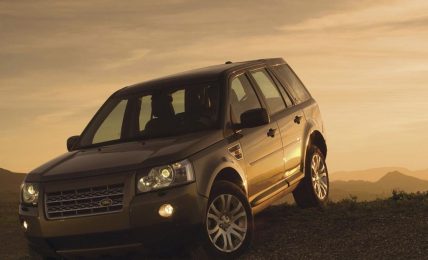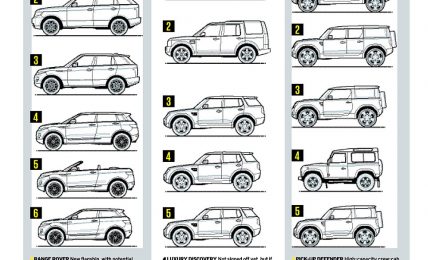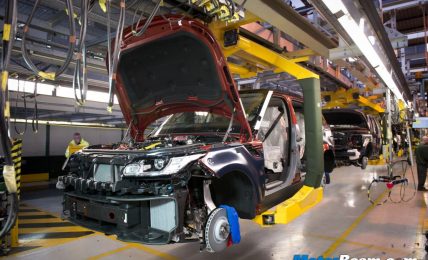Land Rover’s on-going commitment to building vehicles that are more fuel and emissions-efficient reaches another milestone at the 2011 Geneva Motor Show with the first presentation of the Range_e. This development model is equipped with an advanced plug-in hybrid diesel-electric powertrain that Land Rover expects to make available in future production models, following the scheduled launch of its diesel-electric hybrid in 2013.
Range_e is based on the Range Rover Sport and uses the current 245PS 3.0-litre TDV6 diesel engine, working with an eight-speed ZF automatic transmission and a 69kW electric motor. Using a parallel hybrid system, with a 14.2kW/h lithium-ion battery that can be recharged from an external 240V power source, Range_e can be driven on electric power alone for more than 20 miles (32km), with zero harmful tailpipe emissions. A full recharge from a standard domestic power supply can be accomplished in around four hours. Typically the majority of European car drivers cover less than 25 miles (40km) a day and therefore the EV range offered by this technology will support the majority of short urban journeys, where fuel economy and emissions are of prime concern. However, for longer journeys the diesel hybrid drivetrain will engage and continually optimise CO2 emissions.
[youtube:http://www.youtube.com/watch?v=8vv_-Twyr9E 540 375]
Overall CO2 emissions are just 89g/km, yet Range_e has a maximum system output of 339PS and a top speed of around 120mph (193kph), delivering a fuel economy of 85mpg (3.36 l/100km). Improved fuel efficiency from the hybrid system makes 690 miles (1,112km) possible on a full tank of fuel. Range_e is also engineered with the same full 4WD capability as the standard Range Rover Sport, with high and low range in the transmission, front and rear differentials and a mechanical locking centre differential. Dependant on the driver demand, the car’s intelligent system decides the most efficient method to deliver the power required, whether this is by electric, diesel or both. The Range_e also features regenerative braking to capture energy usually wasted in heat energy via the brakes. This energy can then be redeployed to drive the vehicle, further reducing fossil fuel consumption.


